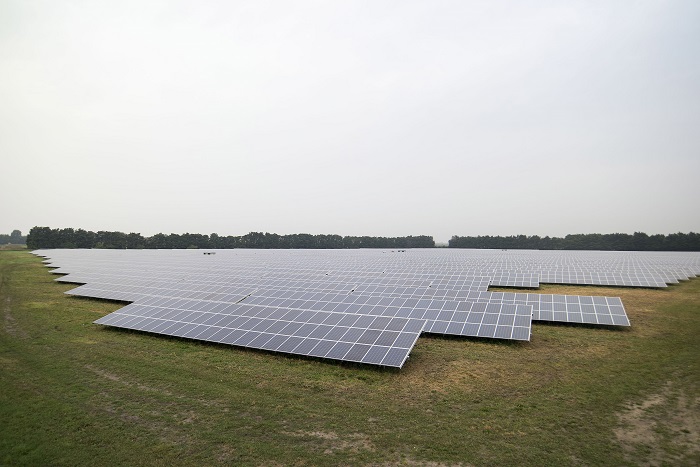
Suffolk County Council has called for greater transparency and fairness for communities when developing large-scale solar projects.
The announcement made on Thursday (21 March) was due to new plans for a 750-acre solar farm being pursued by Elmya Energy UK in mid-Suffolk.
Dubbed White Elm Solar Farm, the project will be located across Mendlesham, Wickham Skeith and Thwaite and have a generation capacity of 200MW making it a nationally significant infrastructure project (NSIP). The project is also set to include battery energy storage.
Due to being classified as an NSIP, this means Mid Suffolk District Council will only be a consultee on the proposals, and the National Planning Inspectorate will examine and recommend whether to approve or reject the development. The Secretary of State will make the final decision.
Elmya Energy is expected to launch details of its plans shortly, followed by a programme of community engagement, including non-statutory consultation this autumn and a formal consultation in summer 2025, before submitting a development consent order in summer 2026.
The council has detailed that significant, unanswered questions must be addressed. Councillor Andrew Stringer, cabinet member for heritage, planning and infrastructure, said: “Mid Suffolk will not have the final say on whether this application is approved. But on behalf of the communities we serve, we do want answers from the developer.
“For example, where would this solar farm connect to the grid, and what infrastructure would be required? The developer says they have a secured grid connection from 2031, but where? This is a crucial detail. If it is relying on linking to the proposed new row of pylons between Norwich and Tilbury, this doesn’t even have government approval.”
The council reiterated that while there are clear environmental and social benefits of providing renewable and low-carbon energy, this must be balanced with protecting valuable farmland and heritage.
“We do want to see local renewable energy production, which is essential for the country to meet its climate objectives. Our strong preference is ‘roof before rural’ – but national policy does not allow us to compel developers to put solar panels on the roofs of new homes,” Stringer added.
“Where solar farms are proposed in the countryside, this must be balanced with protecting the best farmland for food production and our beautiful landscapes. We must also be mindful of the cumulative impact of energy developments on communities.”

